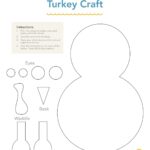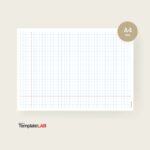Materials offering challenges in reasoning and problem-solving, specifically designed for young audiences and formatted for convenient printing, foster critical thinking skills in children. Such resources present engaging scenarios requiring deductive reasoning, pattern recognition, and analytical abilities to arrive at solutions. A classic example is a grid-based puzzle where individuals must deduce relationships between different elements based on provided clues.
Engaging with challenges that require logical deduction offers significant developmental advantages. The process cultivates attention to detail, strengthens memory, and enhances overall cognitive flexibility. Historically, these types of mental exercises have been recognized as valuable tools in educational settings and home environments, encouraging youngsters to develop structured thought processes and approach problems with a methodical mindset. The convenience of readily available, reproducible versions enhances accessibility and broadens their potential impact.
Subsequent sections will delve into the diverse types of logical challenges available, appropriate age ranges for specific puzzle formats, and effective strategies for incorporating these learning tools into a child’s educational or recreational activities. The following discussion will also consider resources for obtaining or creating tailored learning experiences of this nature.









